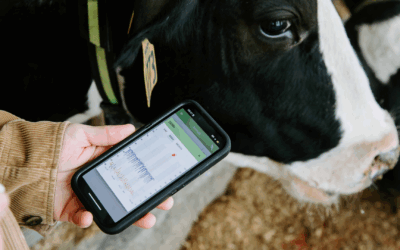Cornell Tech hosted the inaugural Disability and Access in Tech and AI Summit on Oct. 9-10 on its Roosevelt Island campus, bringing together researchers, technologists, and community advocates to explore how disability and accessibility intersect with innovation. The summit welcomed speakers, students, faculty, alumni, and community members from Cornell’s Ithaca campus, New York City, and around the United States.
Cornell AI News
News Category
Filter by Topic
Two grants to study AI and worker voice awarded to ILR
Two new grants from the Washington Center for Equitable Growth will fund ILR research aimed at providing insights to policymakers, union leaders, managers and others who are shaping the future of AI in the workplace.
AI models often fail to identify ableism across cultures
The artificial intelligence models underlying popular chatbots and content moderation systems struggle to identify offensive, ableist social media posts in English – and perform even worse in Hindi, new Cornell research finds.
Pain tolerance increases during social interaction in VR
Researchers in the Virtual Embodiment Lab found that engagement in social virtual reality, whether with loved ones or total strangers, enhances pain tolerance.
Faculty innovate with, and avoid, AI in the classroom
At the same time faculty are finding ways to use generative AI tools to help students learn, pen-and-paper assessments are returning to the classroom.
‘Bottling’ human intuition for AI-led materials discovery
A Cornell researcher and collaborators have developed a machine-learning model that encapsulates and quantifies the valuable intuition of human experts in the quest to discover new quantum materials.
Models feel hemmed in by AI
Using generative AI, fashion designers can use digital photos to adjust models’ features and even deploy fully digital avatars in place of humans. A team including an ILR School researcher has written a paper highlighting models’ challenges.
Cornell awarded NSF grant to build AI-ready living lab for agriculture
Cornell University has been awarded a portion of a $2 million planning initiative from the U.S. National Science Foundation to establish AI4Ag, a national testbed for artificial intelligence in agriculture.







